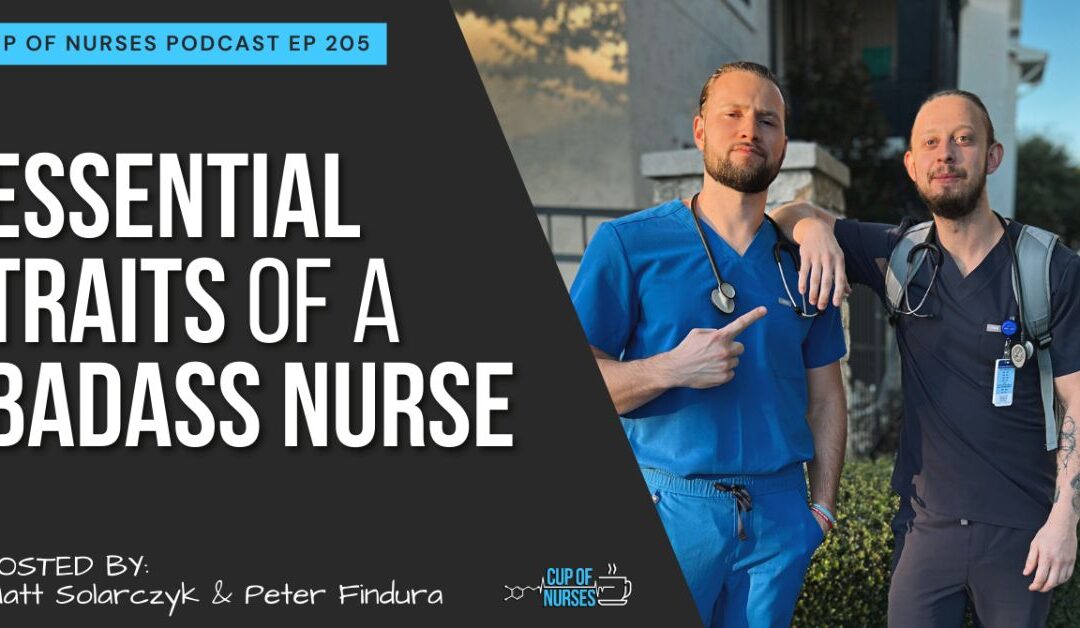
EP 208: Headache and Migraine Relief with Jono Taves
EP 208: Headache and Migraine Relief with Jono Taves
Headaches or migraines can affect anyone. Blinding migraines can also stop someone in their tracks. And when it can’t be relieved, it can lead to a more serious condition. What headache and migraine relief can you do? Is there something you can do to relieve your headaches?
We would like to introduce you to Dr. Jono Taves in this episode. Dr. Jono is the owner of Novera: Headache Center and host of The Headache Doctor Podcast.
He specializes in relieving headaches and migraines for patients who don’t get enough of what they need from traditional treatments. He believes everyone deserves a life free from intrusive pain and unwanted medication so that they can excel in everything they do.
We discuss the different types of headaches, why you’re getting them, and how to relieve the pain.
Questions for Our Guest
The questions below are some we’d like to tackle. We often go off-topic, so we don’t expect to hit them all. If you have any ideas, please let us know.
Looking forward to our conversation!
These are the questions you had in Calendly. We’ll go off your questions, and wherever else our conversation goes.
- Can you give us a little background about yourself and how you’ve gotten involved in pain relief, specifically headaches?
- Is there a difference between a migraine and a headache?
-
- Different types of headaches?
-
- Are there any misconceptions about headaches?
-
- For example, some people think that only women get recurring headaches
-
- Can headaches or migraines cause any damage? Or are those pains a signal that there can be potential damage?
- Where do headaches or migraines stem from?
-
- Are there multiple causes, or what can worsen them? Dehydration, stress, lack of sleep….
-
- How can migraine symptoms stem from the neck?
-
-
- Is pressure being put on the spinal cord like in a pinched nerve?
- Is there an abnormality in the spinal column that causes head pains?
- Does it have anything to do with the muscles around the neck?
-
7. Does the location of the pain play a role in what’s causing it and how to treat it?
8. How do you treat migraine or headaches?
9. What tips or recommendations can people use to relieve their headaches or prevent them?
ENDING QUESTIONS
Before we end the show, we have one last question we like to ask all our guests. If you had the opportunity to have a Cup of coffee with anybody one last time, who would it be & why?
Links:
https://www.instagram.com/noveraheadachecenter/?hl=en
https://www.noveraheadachecenter.com/
https://open.spotify.com/show/5ZTszj6q8MGsOQl9kMBXKW
To rid yourself of your headaches and migraines, watch the full episode here 👇👇👇
TIMESTAMPS:
00:00 Introduction
01:44 About Dr. Jono Taves
05:57 Understanding the Difference Between Headache and Migraine
09:23 Anatomy of the Upper Neck and Its Relationship to Pain
15:51 Understanding the Causes of Neck Tension And How To Avoid It
18:57 The Link Between Muscle Tension and Headaches/Migraines
20:53 Sleep Position Recommendations for Neck Pain Relief
23:50 The Psycho-Emotional Impact Of Neck And Migraine Pain
27:10 Steps to Relieve Headache and Migraine
29:43 The Impact of Chronic Pain on the Brain
32:38 Headache Locations May Reveal Source Of Pain
36:27 Benefits of Neck Cracking in Physical Therapy
39:41 Using Joint Mobility To Alleviate Muscle Tension And Migraines
42:15 What a Session with Dr. Jono Looks Like
44:09 Tips For Preventing Migraines
47:54 Proper Neck Support Tips for Intubated Patients
50:52 Improving Sleep & Reducing Snoring Through Pain Relief
52:18 Wrapping up the show





Recent Comments